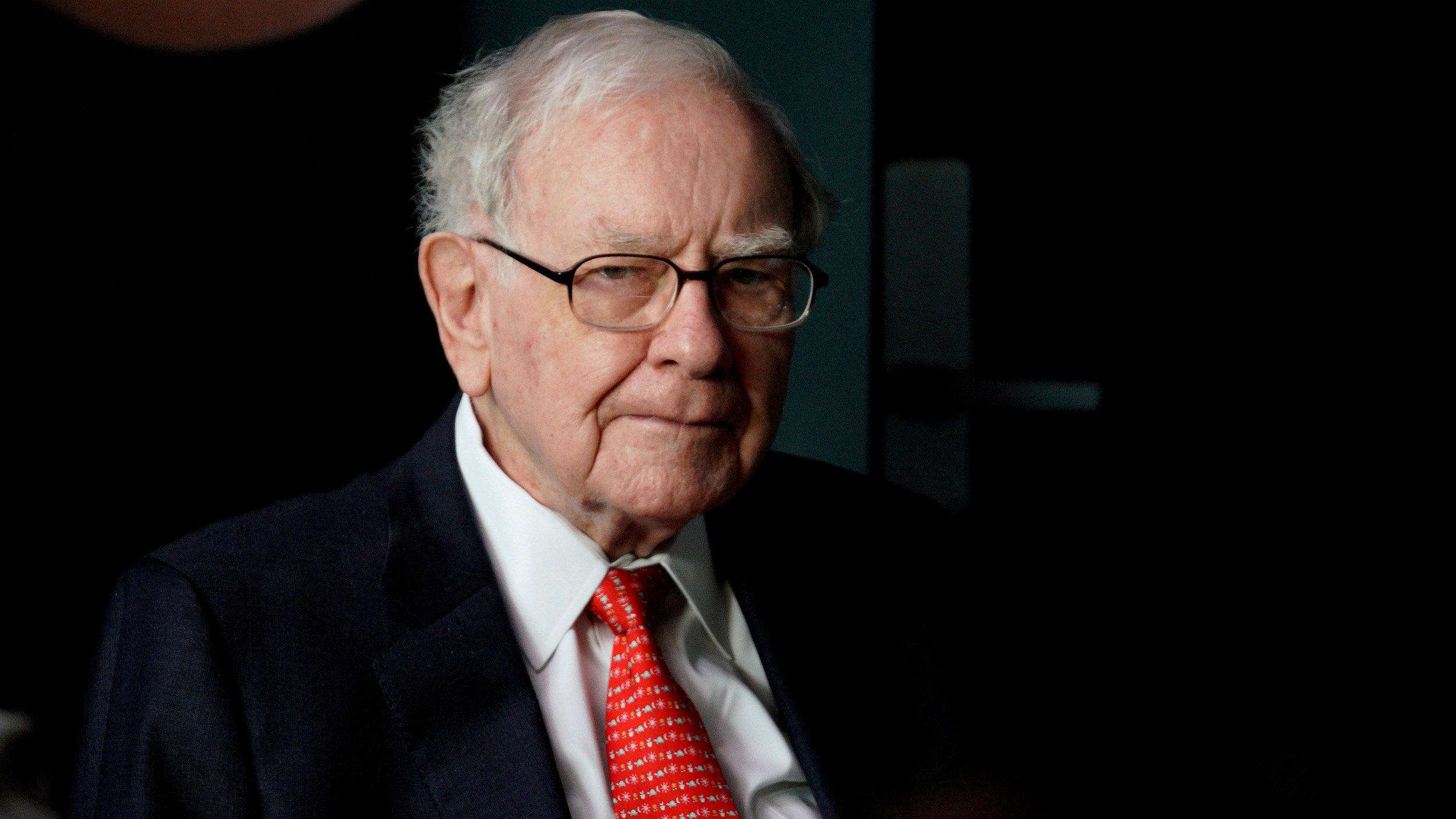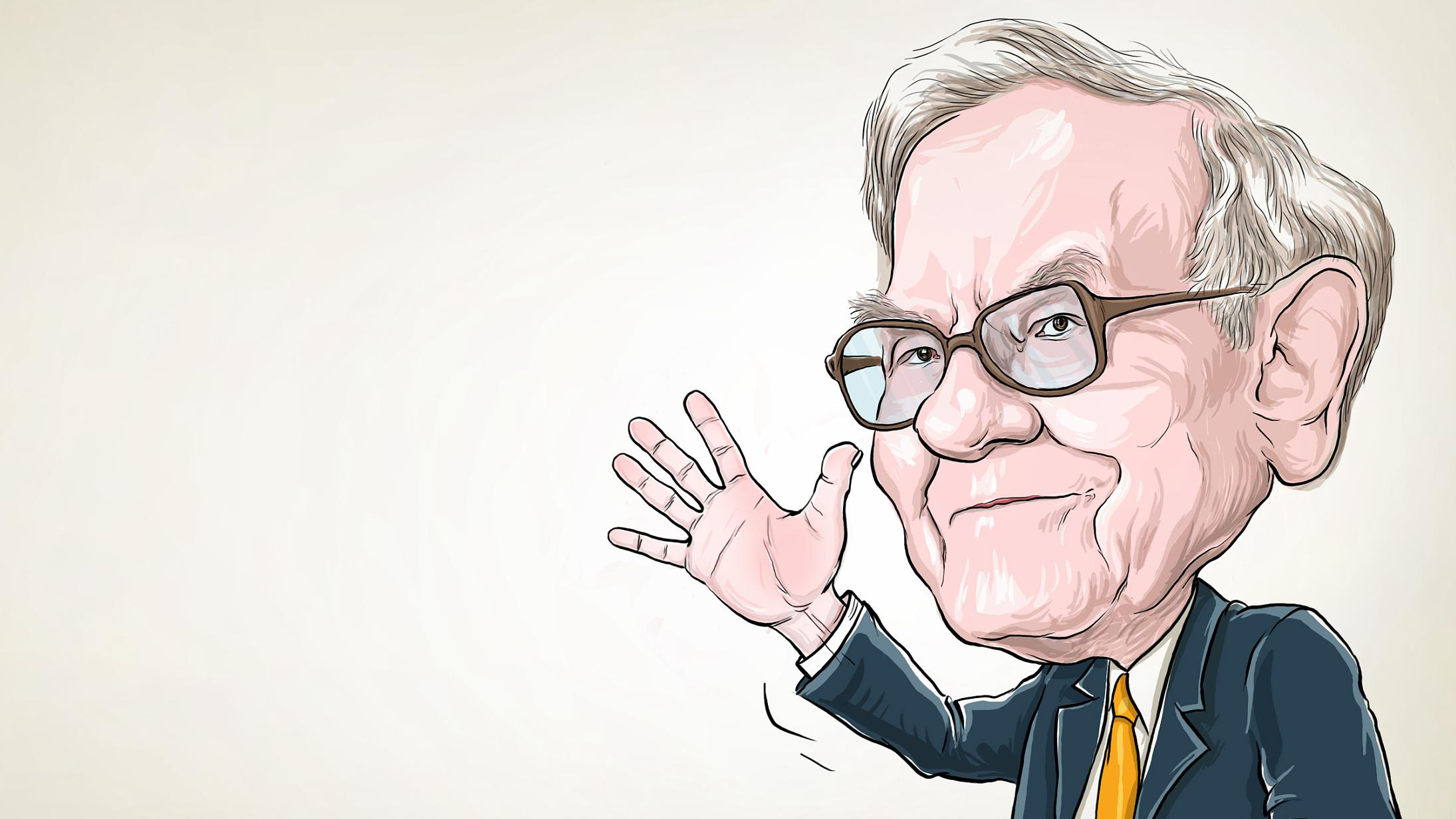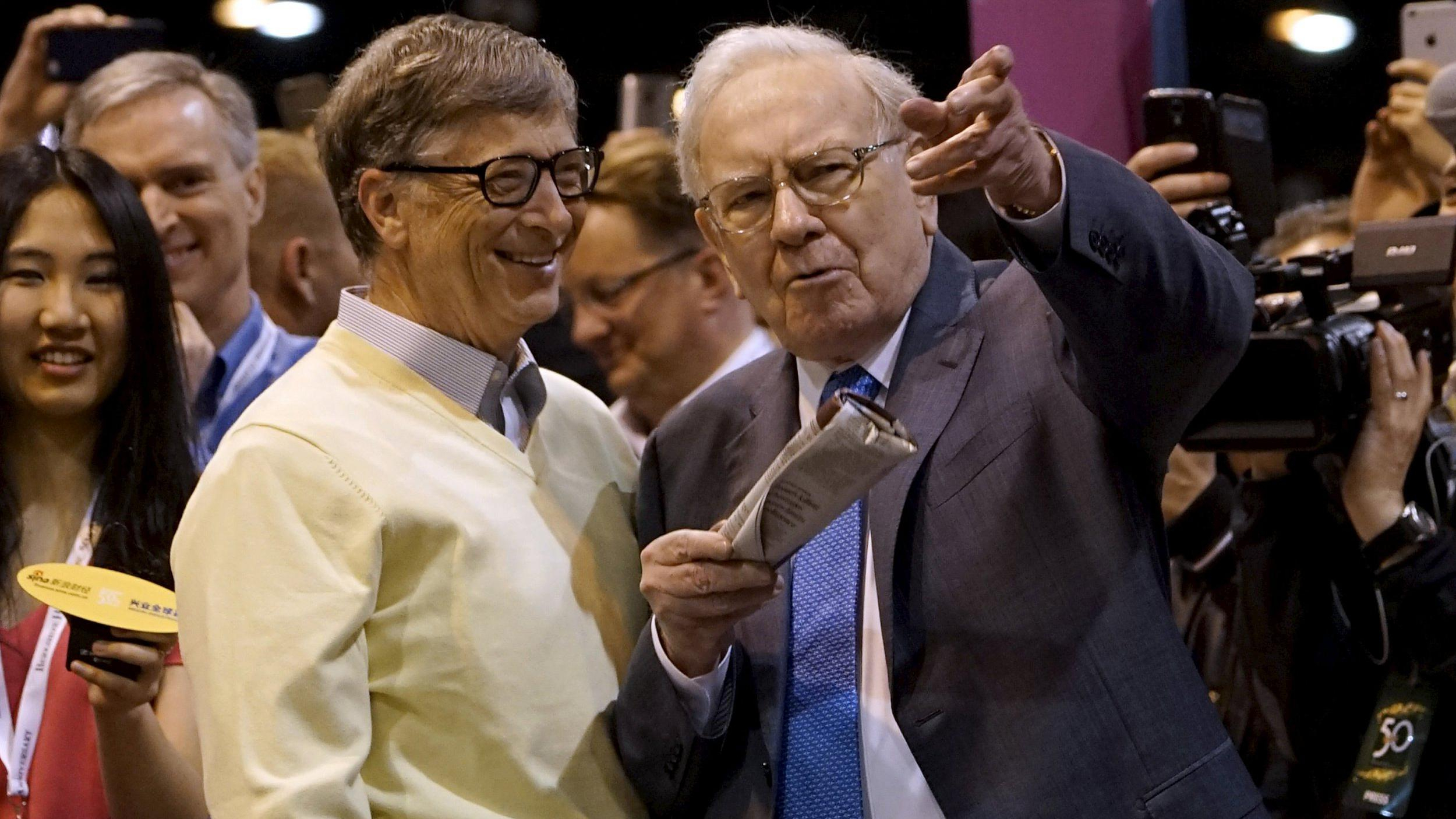
Company
09:25, 24-Feb-2019
In a shift, Buffett says focus on Berkshire's stock price
Updated
11:09, 24-Feb-2019
CGTN

Warren Buffett has long told investors in his Berkshire Hathaway Inc they should not pay so much attention to what its stock price is doing.
No longer.
Buffett said in his annual letter to Berkshire shareholders on Saturday that the conglomerate's stock price will over time "provide the best measure of business performance."
In conjunction with that, he plans to deemphasize book value and measure assets minus liabilities, saying changes at Berkshire and the vagaries of accounting rules mean that gauge has "lost the relevance it once had."
The shift is something of a retreat from the 88-year-old Buffett's decades of preaching patience and long-term thinking for investors and Berkshire shareholders, the antithesis of what stock prices often represent.
Buffett's business acumen has helped make him the world's third-richest person, worth 82.9 billion U.S. dollars according to Forbes magazine, and transformed Berkshire from a failing textile company into a 496 billion dollars behemoth.
For nearly three decades, Buffett has led his shareholder letters with a discussion of book value.
He has also long included tables comparing annual changes in Berkshire's book value and in the Standard & Poor's 500 index, including dividends.
Berkshire's long-term performance has been excellent.
Through December 31, book value per share has gained an overall 1,091,899 percent, or 18.7 percent per year, since Buffett took over the Omaha, Nebraska-based company in 1965.
In comparison, the S&P 500 gained 15,019 percent, or 9.7 percent annually. Berkshire outperformed last year too, up 0.4 percent compared with a 4.4 percent drop for the index.
An evolution in Buffett's thinking surfaced in 2015 when he added changes in Berkshire's stock price to the table, after Berkshire's book value had lagged the S&P 500 in five of six years.
Buffett said he did this because Berkshire's shift toward operating large businesses such as Berkshire Hathaway Energy, the BNSF railroad and the Geico auto insurer was widening the gap between its intrinsic value and book value.
While stock prices can be volatile, he said they and intrinsic value almost invariably converge over time.

Buffett's charity lunches have so far raised about 26 million U.S. dollars, according to EBay for Charity. /VCG Photo
Buffett's charity lunches have so far raised about 26 million U.S. dollars, according to EBay for Charity. /VCG Photo
Berkshire's stock has also done well under Buffett, with an overall 2,472,627 percent gain, or 20.5 percent annualized.
Buffett cited three reasons for deemphasizing book value.
First, he said Berkshire's "major value" is now in its operating units, and he and Vice Chairman Charlie Munger expect a "reshaping" of its asset mix to continue.
Buffett also said accounting rules require Berkshire to value its businesses at "far below" current value.
Finally, he said Berkshire will likely buy back "significant" amounts of stock in future years, causing book value to fall.
"That combination causes the book-value scorecard to become increasingly out of touch with economic reality," Buffett wrote.
A possible fourth reason is that changes in the prices of Apple Inc and other stocks in Berkshire's 172.8 billion U.S. dollars equity portfolio also affect book value.
Buffett said these holdings will likely grow in 2019 because near-term prospects for acquisitions are "not good."
Book value per share fell 7.1 percent in the fourth quarter as stock prices tumbled.
Looking for 'elephants'
Part of the reason Buffett may be looking to invest abroad is that he is struggling to find big investments at home, and does not expect that to change soon.

Investor Warren Buffett and Microsoft founder Bill Gates once asked hundreds of billionaire Americans to give away at least 50 percent of their wealth to charity. /VCG Photo
Investor Warren Buffett and Microsoft founder Bill Gates once asked hundreds of billionaire Americans to give away at least 50 percent of their wealth to charity. /VCG Photo
Berkshire has not made a major acquisition since paying 32.1 billion U.S. dollars for aircraft parts maker Precision Castparts in January 2016.
Buffett said the near-term prospects for more acquisitions were "not good," because prices are "sky-high" for businesses that had decent long-term prospects.
While Buffett said the thought of an "elephant-sized" acquisition causes his heart to beat faster, the "disappointing reality" was that Berkshire would likely in 2019 use some of its 111.9 billion U.S. dollars of cash to buy more stocks.
Berkshire ended 2018 with 172.8 billion U.S. dollars of equities, but many of these suffered double-digit price declines in the quarter, including a 30 percent slide in its largest holding, iPhone maker Apple Inc.
Those declines were a major factor in Berkshire's huge quarterly loss, and its 91 percent drop in full-year net income to 4.02 billion U.S. dollars from 44.94 billion U.S. dollars the prior year, when it benefited from a lower corporate tax rate.
Danger of debt
"We use debt sparingly. Many managers, it should be noted, will disagree with this policy, arguing that significant debt juices the returns for equity owners. And these more venturesome CEOs will be right most of the time. At rare and unpredictable intervals, however, credit vanishes and debt becomes financially fatal," said Buffett in his annual letter.
He then added a "Russian Roulette" equation -- usually win, occasionally die -- may make financial sense for someone who gets a piece of a company's upside but does not share in its downside. But that strategy would be madness for Berkshire. Rational people don't risk what they have and need for what they don't have and don't need.
Source(s): Reuters

SITEMAP
Copyright © 2018 CGTN. Beijing ICP prepared NO.16065310-3
Copyright © 2018 CGTN. Beijing ICP prepared NO.16065310-3